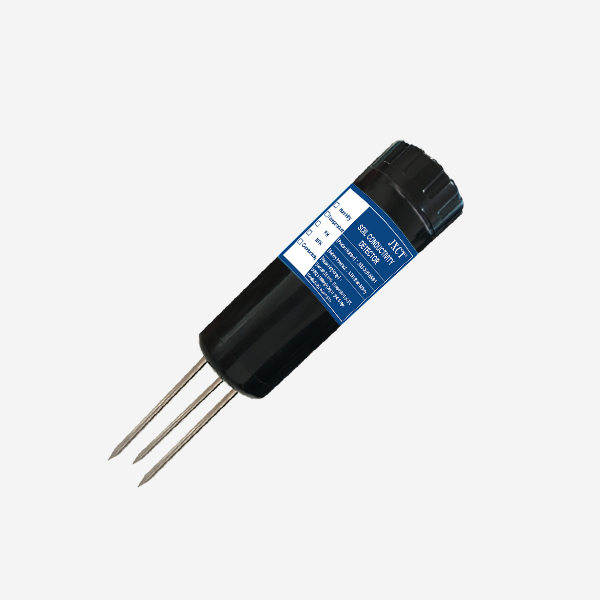Learn about Soil pH sensors

Soil pH sensor, also known as soil pH meters or testers, play a vital role in providing accurate measurements of soil pH. Soil pH is a crucial factor that influences plant growth, nutrient availability, and overall soil health. Understanding and managing soil pH levels is essential for farmers to ensure optimal crop production and make informed decisions regarding soil amendments. This article aims to highlight the importance of soil pH sensors and their significance in modern agriculture.
The importance of soil pH sensors
Measuring Soil pH
Soil pH sensor are devices designed to measure the acidity or alkalinity of the soil. They utilize various technologies, such as potentiometric or colorimetric methods, to assess the pH level accurately. By inserting the probes into the soil, these sensors provide valuable data on soil pH levels at different depths.
Optimizing Nutrient Availability

Soil pH directly affects the availability of nutrients to plants. Some nutrients are most readily available to plants within specific pH ranges. For example, phosphorus is more accessible to plants in slightly acidic soil, while micronutrients like iron and zinc are typically more available in slightly acidic to neutral pH levels. Soil pH sensors allow farmers to monitor the pH of their soil and make informed decisions about nutrient management. By adjusting soil pH levels through appropriate soil amendments, farmers can optimize nutrient availability for their crops, leading to improved growth and yield.
Preventing Nutrient Imbalances
Soil pH plays a significant role in nutrient uptake and can impact the balance of essential elements within plants. When soil pH is too high or too low, certain nutrients may become less available to plants, leading to deficiencies or toxicities. Soil pH sensors help farmers identify unfavorable soil pH conditions that may contribute to nutrient imbalances. By detecting high or low pH levels, farmers can take corrective measures, such as applying lime to raise pH or elemental sulfur to lower pH, ensuring optimal nutrient uptake and minimizing the risk of nutrient imbalances.
Managing Soil Health and Microbial Activity
Soil pH affects the activity and diversity of soil microorganisms, which play a critical role in nutrient cycling, organic matter decomposition, and overall soil health. Different microorganisms thrive under specific pH conditions. Soil pH sensors provide farmers with valuable information about soil pH variations within their fields. By monitoring pH levels, farmers can make informed decisions regarding soil management practices, such as incorporating organic amendments or employing microbial inoculants, to promote a favorable soil pH environment for beneficial microbial activity. This contributes to improved soil health and long-term sustainability of agricultural systems.
Preventing Acidification or Alkalinization

Over time, agricultural practices and certain crops can gradually alter the pH of the soil, leading to acidification or alkalinization. Acidic soils can impede nutrient uptake, affect root development, and limit crop productivity, while excessively alkaline soils can cause nutrient deficiencies and hinder microbial activity. Soil pH sensors allow farmers to monitor changes in soil pH and detect potential acidification or alkalinization trends. By taking proactive measures, such as applying lime or sulfur, farmers can mitigate these effects and maintain an optimal soil pH range for crop growth.
Conclusion
In conclusion, soil pH sensor are essential tools in modern agriculture for assessing and managing soil pH levels. By accurately measuring soil pH, these sensors enable farmers to optimize nutrient availability, prevent nutrient imbalances, manage soil health, and prevent the negative consequences of soil acidification or alkalinization. Integrating soil pH sensors into farming practices facilitates informed decision-making, promotes sustainable soil management, and enhances crop productivity. It is crucial for farmers and agronomists to embrace the use of soil pH sensors as part of their commitment to sustainable agriculture and the long-term health of our soils.
